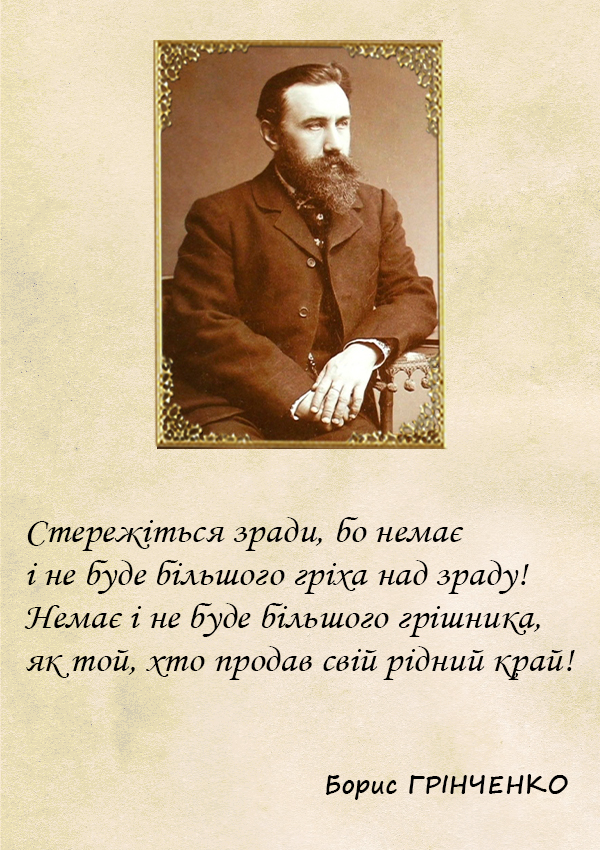
(book review)
The last book that struck me was The Psych Theory by American psychologist Paul Ekman. It was first published in English in 1985 and later appeared in Russian. The book was published in Ukrainian in 2015 by ‘Kraina Mriy’ publishing house.
EVERYONE IS LYING. And it’s partly true. Sometimes people lie several times in ten minutes. But still, the bitter truth is better than sweet lies. That is why it is so important to understand the thoughts and intentions of others and be able to recognize deception.
Paul Ekman’s Theory of Lies is a detailed guide to human emotions. The psychologist studies the relationship between involuntary reactions of the face and body and what a person says or wants to say. After reading the book, you will find answers to many questions:
- why we lie and how we do it;
- how to bring a liar to clean water:
- why lie detectors do not always work, etc.
Based on this book, the series “Theory of Lies” (English “Lie to Me”, 2009-2011) was shot. The number of people who paid attention to this film reached more than 12 million in the United States. In Ukraine, this series, of course, was not so popular.
The audience of this book is, first of all, people who watched the series. It is really fascinating from the first minutes and then I want to read the book.
By the genre, this is a psychological book. Even a book of practical psychology. But it will be interesting not only for psychologists but also for people who are interested in the essence of lies and the ability to expose it through facial expressions.
The book definitely has an impact on the audience. First of all, a person himself begins to try to recognize lies from his acquaintances or relatives. Sometimes it even happens unconsciously. On my example, I can say that after reading this book I wanted to learn in practice, not for nothing that I read it. Frankly, the book did not affect me enormously, yes, interestingly, but there was no large-scale impact on my subconscious. However, when talking to friends, I wanted to understand whether they were telling me the truth in certain situations or not. Interestingly, without even thinking about what I had read and immersing myself in conversation, my brain was still trying to put the knowledge into practice. That is, if we talk about the obvious impact on the human subconscious – it is clearly a desire to apply their knowledge (read) in practice.
Also, about the impact of this book on the audience, we can say that the reader himself begins to think about his facial expressions and gestures. Begins to control his facial expressions, intonation, and so on.
As for the hidden influence, in my opinion, it is something on the verge of paranoia that everyone around you is lying. Each of us is an individual, each has his own peculiarities of perception of information and its rethinking, so a book can have a negative impact on a certain group of people. There is a kind of human obsession with lies, the subconscious begins to think that behind every gesture, behind every facial expression is a hidden lie.
If we talk about technologies and ways to implement influence, I can say about the practical part of this book, which is quite well confirmed theoretical part with visualization and examples from history (from the first pages the author introduces us to the behavior and actions of Hitler, some US presidents, etc.). Such examples can be considered a way to implement the impact because just the theoretical part would not have a significant impact on the reader but the theoretical part confirmed by the practical – it’s another matter.
In general, Paul Ekman’s book “The Theory of Lies” is quite good. It will be relevant for reading by psychologists, businessmen, business coaches, and, perhaps, those who work in the field of jurisprudence, as well as ordinary people.
‘No one ever tells the truth.’
“Theory of Lies”, Paul Ekman
P.S. Personally, the opinion of Aleksandr Solzhenyzin about truth and lies is closer to my heart. He wrote, “One drop of truth can outweigh an ocean of lies…”


























































Залишити відповідь